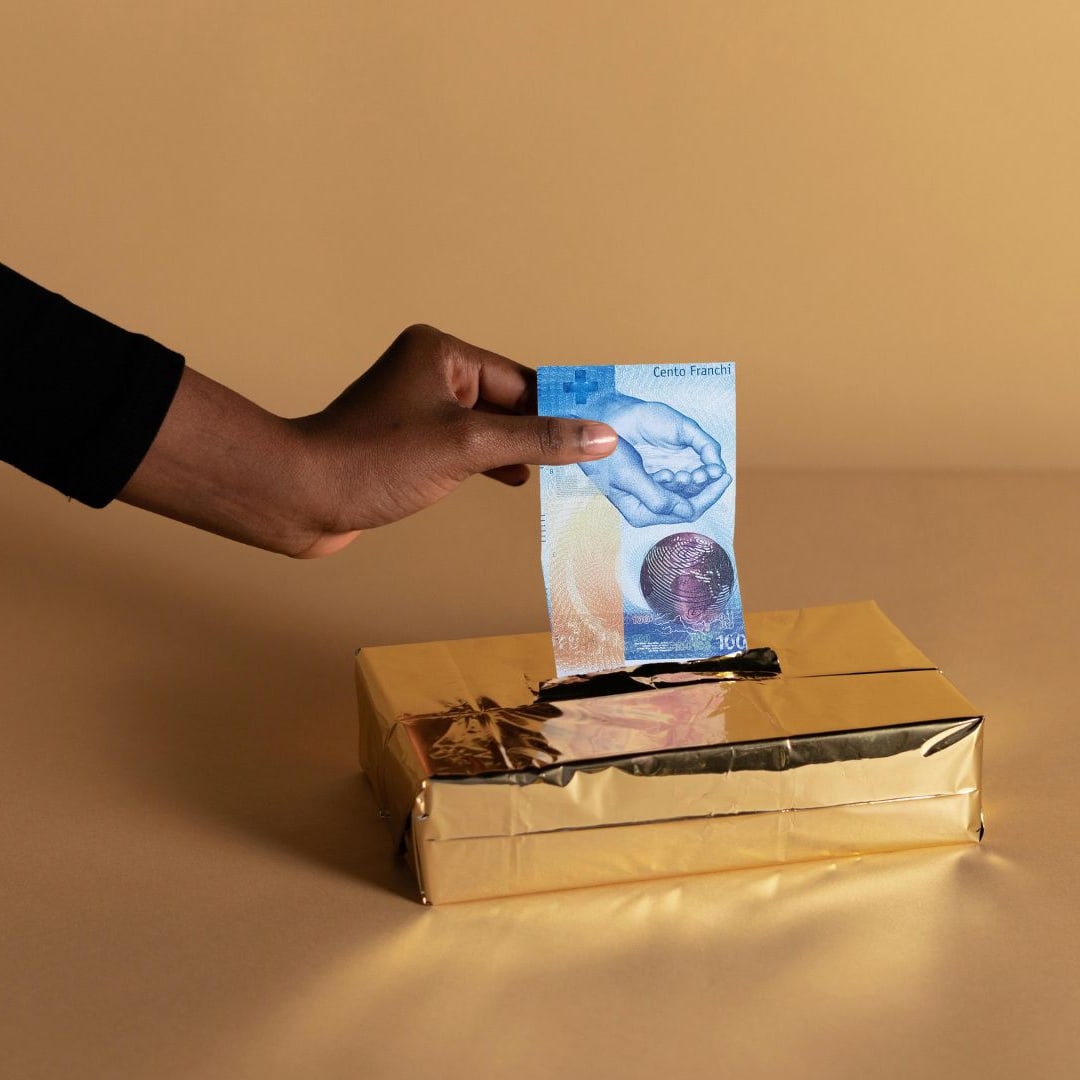Switzerland is a country of donors. The country is one of the most charitable in the world. According to SRF's calculations, the Swiss population has donated over two billion francs every year since 2020.
Almost half of all donations are made in November and December. The pre-Christmas period softens hearts. The motivation is not only altruistic, but also self-serving: Donating gives a so-called warm-glow effect, i.e. a good feeling because you are helping others.
And: Donations can be deducted from taxable income.
Marriage aligns donation behaviour
When it comes to charity, it is striking that on average, women are more likely to donate and are also more generous than men. A study at the Women's Philanthropy Institute at Indiana University examined gender differences in charitable giving. The results are clear:
- Single women are more likely to donate than single men.
- Single women donate a larger proportion of their income than single men.
- Single women spread their donations across more organizations, while single men concentrate their donations.
- After marriage, both men and women are more willing to donate.
According to the study, the reasons why someone donates also vary according to gender. Women are influenced by experiences such as childbirth or discrimination – and often put their money where their heart is.
It can be stated that empathy is a strong motivation for women, while self-interest tends to dominate for men.
Women are catching up
According to the study, women control 30 percent of the world's wealth. And: women's wealth is growing faster than the global average.
An analysis by the consulting firm McKinsey & Company from 2022 comes to the same conclusions: according to this, women's wealth will increase at an average annual growth rate of around eight percent until 2030 – while men's wealth will grow much more slowly at around 2.7 percent. By 2030, women's share of investments is expected to reach 45 percent and a total of 10 trillion euros.
In other words, greater prosperity and more leadership positions mean that women are increasingly influencing where and how money is donated.
The most prominent example of this is MacKenzie Scott, US businesswoman and author. The ex-wife of Amazon founder Jeff Bezos is the fifth-richest woman in the world. Her fortune this year amounts to 35,6 billion dollars.
Scott donates large portions of this to charities and organizations that support women. Scott's organization «Yield Giving» is said to have donated over two billion dollars in 2023, according to CNN. In the previous year, it is said to have donated over 3.8 billion dollars – spread across 465 organizations.
Men are less empathetic
A study at the universities of Stanford, Columbia and California also investigated why women donate more than men. The result in a nutshell: «Lower empathy leads to men donating less (...)», write the authors. In a representative survey across the USA, people were asked about the fight against poverty and their donation behavior in this regard. According to the survey, men are less willing to donate money or time to an anti-poverty organization.
However, when poverty was then framed in the survey as a problem that negatively affects all Americans, i.e. the problem was described differently, the willingness of men to donate increased. This even eliminated the gender difference compared to women. When men were able to align their donations with their own interests, in the sense of «poverty affects all Americans negatively, including me», their willingness to donate increased.
Where to donate so that the money arrives?
From science back to everyday life. When – as during Advent – your letterbox is flooded with requests, how do you find your way through the donation jungle? Where can you donate money with a clear conscience? «Many non-profit organizations (NPOs) in Switzerland do effective and reputable work», says Alice Hengevoss from the economic consultancy BSS when asked by ellexx. «A look at the website, the activity report or personal contact provides information on how the donated money is used.»
According to Hengevoss, whether you donate at home or abroad is of secondary importance. It is more important to find an organization «that handles the donations effectively.»
But how do you know if the money is going where you want it to?
First of all: not all the money goes into the project. According to Hengevoss, this is normal, even good. «A reputable NPO has an administration, pays its employees fair wages and secures its sources of funding for the future», says Hengevoss. However, the ratio between project expenditure and expenditure on infrastructure and fundraising must be right.
In addition to the website or activity report, the Zewo label also provides information on whether this is the case. Zewo-certified NPOs must, for example, invest at least two thirds of donations directly in projects and services.
Hengevoss emphasizes that smaller organizations can also do good work without certification. «In personal contact, employees can provide information about how the donations are used.»
What to consider from a woman’s perspective?
«If you want to support projects on the topic of gender equality, you need to find NPOs that are committed to this», says Hengevoss. The projects should be designed to have a long-term and sustainable impact.
Hengevoss also recommends paying attention to the proportion of women on the foundation board or association board and in management. «Then you can donate to the organization that matches your own values.»
*First published on December 19, 2024.






